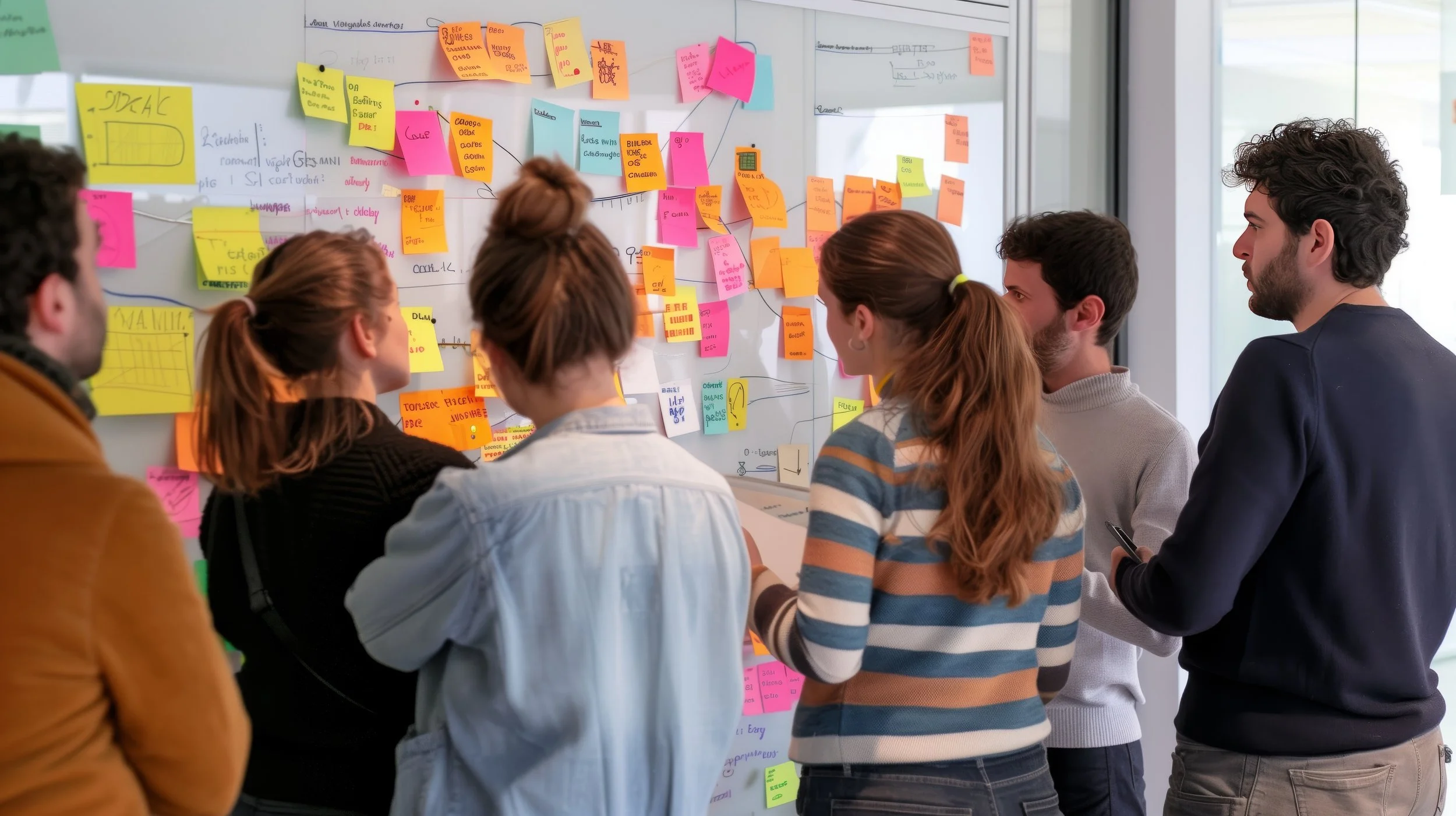Turning promises into action: will the National Youth Strategy truly empower young voices?
With the recent unveiling of the new National Youth Strategy proposal, developed “by young people, for young people,” we at We Are Futures recognise this as a bold step with the potential to create lasting change for the next generation. However, this announcement raises important questions. Rather than assuming we have all the answers, we want to use these questions to spark a conversation about how we can work together to create real impact for young people across the UK.
A strategy that extends beyond the school gates
Young people today face complex issues that extend well beyond their school years, from finding accessible community support to navigating pathways to careers. The government’s strategy to co-create with youth is promising, especially with a commitment of £85 million alongside £100 million in dormant asset funds to rejuvenate local youth spaces. But the real test will be ensuring this isn’t just about one-time engagement. Will young voices truly be integrated at every stage, or will they simply be consulted? Are these spaces designed to reflect the unique needs of every community, especially those historically underserved?
Young voices, now and always
Young people have long been vocal about the change they want and it’s fantastic that this is being recognised. Recent statistics reveal nearly half of UK youth (47%) participated in social action last year, from local improvements to petitions, signalling a strong drive for positive change. Yet, common barriers—lack of interest, awareness, and access—still block the path for many, especially those from deprived backgrounds. So, the question for the government remains: Are we genuinely meeting young people where they are? Is there a clear plan to reduce these barriers and equip young people with the tools they need for sustained involvement?
Beyond tokenism
With only 6 in 10 young people accessing out-of-school activities, a real challenge is ahead to increase participation and tackle underlying obstacles like cost and location. How will this new approach offer long-term, meaningful involvement for young people rather than a brief moment of tokenism? A youth advisory board is an encouraging start, but ongoing, actionable accountability is essential. We need mechanisms in place that let young people measure and monitor progress themselves—so they know they are not just being heard but actually driving results.
Building a strategy that lasts
At We Are Futures, we see the National Youth Strategy as an opportunity to go beyond rhetoric. True empowerment means real spaces for influence, real opportunities for involvement, and a long-term commitment to addressing young people’s unique needs across every community. Young people today deserve more than promises; they deserve the power to shape outcomes and be met with action, respect, and a relentless focus on equity and access.
To end, and as we look ahead, we’re reminded of the valuable groundwork the National Citizen Service (NCS) laid over the years. Its legacy of empowering young people and creating real change is one we hope the new National Youth Strategy can build upon, honouring NCS’s spirit by keeping young voices at the heart of every decision. In our view, it’s time to hold ourselves—and the government—accountable to this vision of youth-led change. Together, let’s ensure this strategy becomes more than just another plan but the start of a sustained transformation that values and amplifies young voices, year after year.

